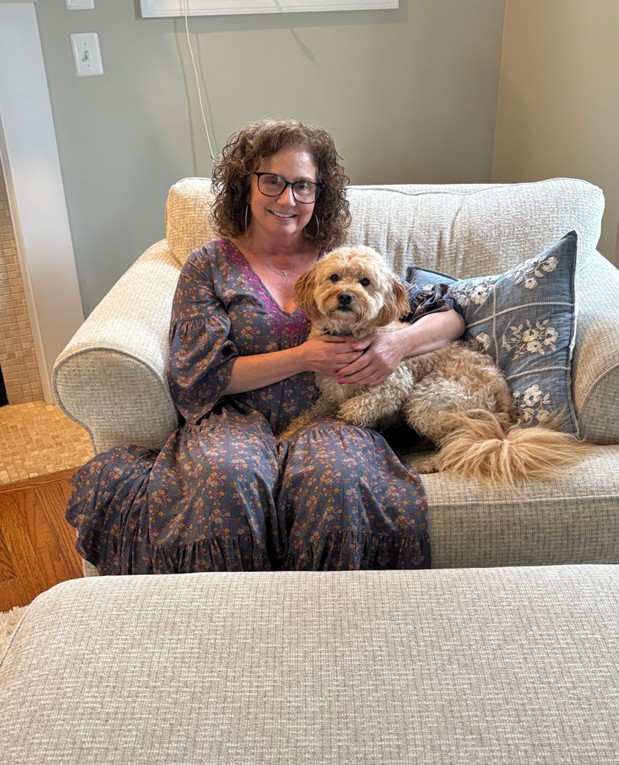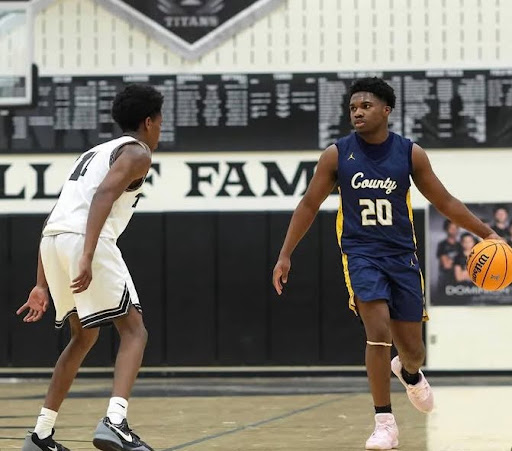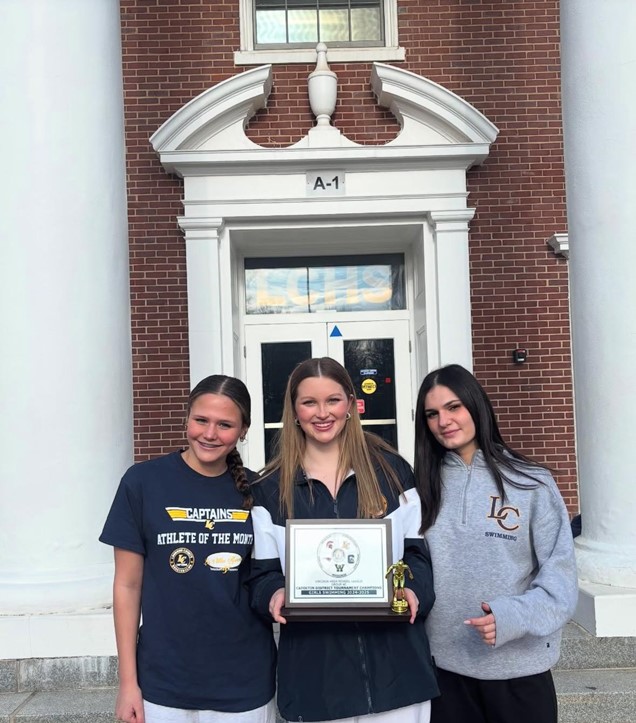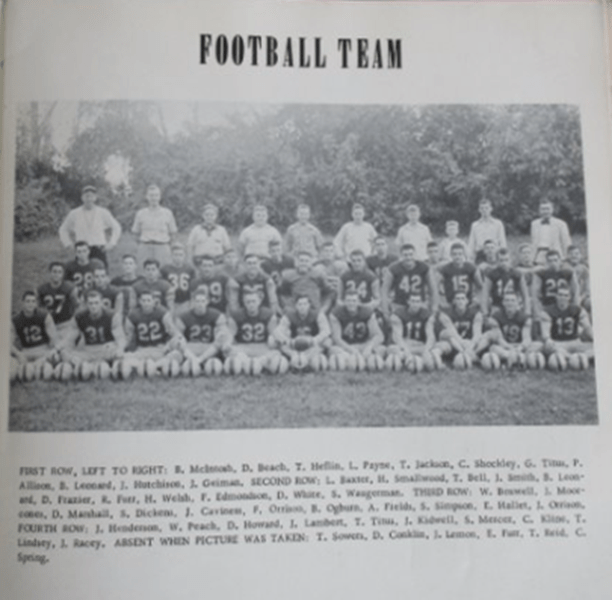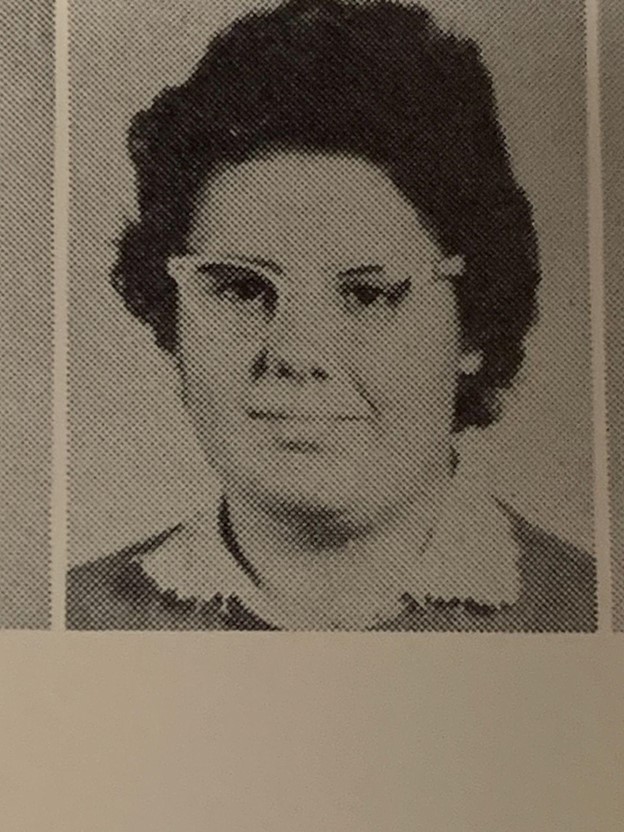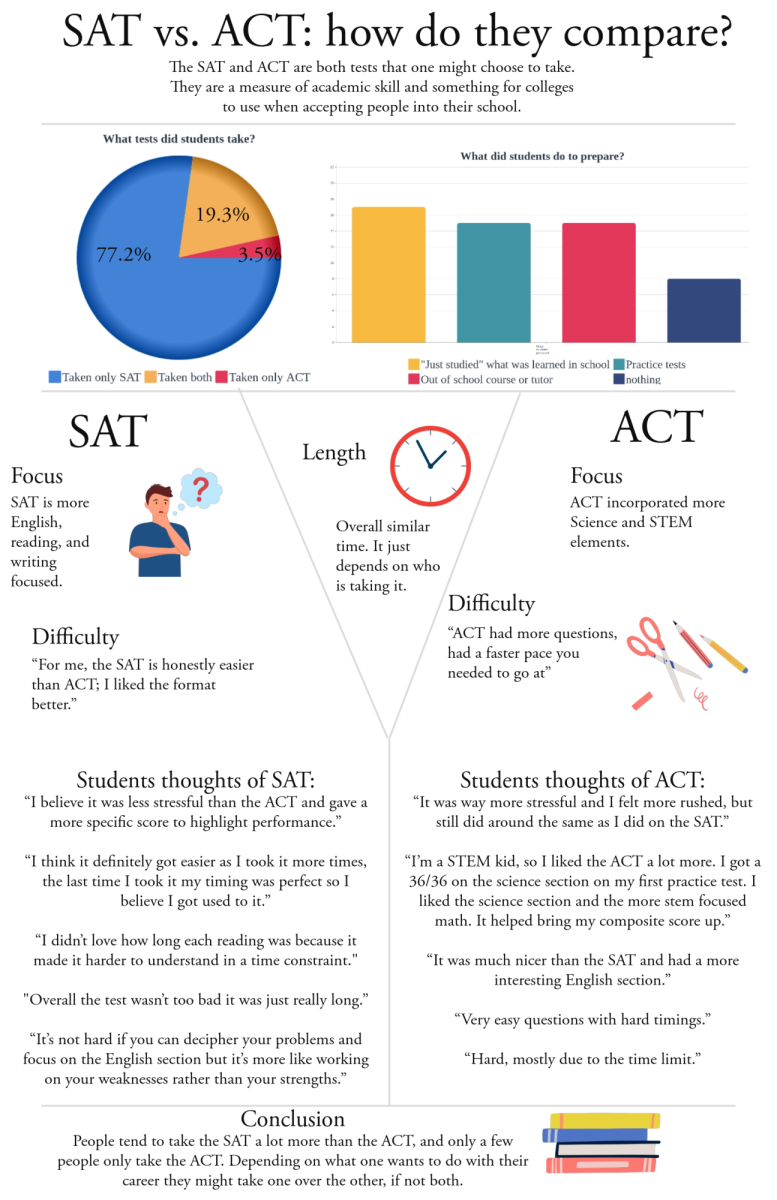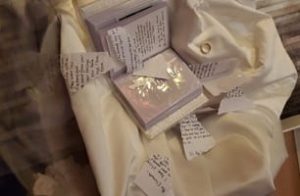Theater department transforms online challenges into unique opportunity

This picture, taken by A. J. Jelonek, former LCHS student, shows the LCHS auditorium’s empty seating. Because of social distancing protocols, in person viewings of plays aren’t possible at this time. The theater department has found a way around this by working to create a recording of a play, viewable online.
As distance learning continues, all LCHS classes have been affected, but many elective courses have faced unique challenges because of the content of their courses’. One such elective is Drama class, which has dealt not only with the problem of transitioning to online classes but also the retirement of the LCHS theater art teacher of 42 years.

Drama students and William Staggs, the new drama department teacher, agree that technology can lead to difficulties during class.
“There are many differences because of online learning,” said sophomore and Drama II student Kathryn Blackwood. “Our warmups feel a little more awkward happening in front of our families, and the physical space that we’re working in is different.”
“We definitely aren’t able to be as physical as last year, and it’s kind of awkward doing a two-person scene when you’re the only one in the room and looking at a camera,” said junior Sophia Hylton, Technical Theater II student, and assistant director and stage manager for the first play of the year.
Online learning may also affect new theater students more significantly than experienced ones.
“Since I’ve been doing drama for so long it’s muscle memory to me, but I can imagine being a new student in the department and feeling absolutely lost,” Hylton said. “There’s definitely a lot to learn, and in this case the best way to learn it is in person. You can mimic what you see and listen to directions, but without being there you miss a lot of the process that goes into learning how to act.”
Not only does the virtual setting put up barriers for interactions, but it also can malfunction, disrupting communication.
“When Schoology or Google isn’t cooperating, we have to get creative,” said Staggs. “On the flip side, theatre is an active class and, as such, the virtual environment makes that somewhat difficult.”
The way students take part in class has also been affected by the online setting.
Staggs admits that the county’s prohibition on requiring that students use their camera can cause some problems. “It does, particularly in theatre,” he said, noting that most students in his classes keep their cameras on and engage. “I think they participate ‘differently.’ The virtual environment calls for different types of participation.”
Hylton misses using the tools available at school, as well as the ability to build physical sets. However, even with new problems created in an online environment, students agree that they are still enjoying drama class, and even enjoy some of the challenges online learning presents.
“I’ve enjoyed how creative we have had to be to get the message across, like using props around the house and pushing your limits physically to catch audience attention,” Hylton said. “As for tech, I’ve learned so much about the world of online tools to help tech theater people like me.” “I’m glad I got to see this part of theater from a different perspective.”
Although prevented from doing certain activities, everyday theater classes have found ways around the challenges presented by online learning.
“In a normal drama class we all get on Google Meet and turn our cameras on since acting is physical and vocal,” Blackwood said. “We do a warmup question to get creativity flowing and also an actor’s warm up, which involves physical movement, vocal warmup, and mental preparedness. Then we go into whatever activity we are currently doing.”
“In theater we really jumped right into things again right away, with a few little projects like a group commercial and some two person scenes with a vague prompt, similar to what you would see during an in-person theater class,” Hylton said.
Drama class has already covered several topics through online learning, including general improvisation activities, Shakespearean monologues, and open-ended dialogues, while technical theater has worked on safety protocols, elements of design, and sculpture creation.
Both Drama and Technical Theater classes have incorporated a variety of online resources to aid in transferring in-person classroom activities to a virtual setting.
“Right before this interview I had to design a small stage environment on some modeling software that will be presented in class,” Hylton said. “…We’re about to turn some of our virtual designs into augmented reality so that we can project them on things like a hologram when we can finally get into hybrid learning again.”
Drama class has found ways to create a virtual theatrical production, an original mashup of Edgar Allan Poe’s works, allowing students the opportunity to practice their skills.
“We started off with an idea,” Hylton said. “Since all of our officers really love Edgar Allan Poe, we have been wanting to do something with his works for a very long time.
The drama officers then brought this idea to Staggs, who found a script for the play, entitled “Midnight Dreary,” written by one of his theater associates. Since then auditions, callbacks, and the creation of a cast list have been finished.
After confirming the cast list contained several drama officers, students who assist in the running of the drama department, the director and assistant director decided to modify the script, by adding several other of Poe’s works to produce a unique play.
“Staggs and I decided to make this an opportunity for us to all work together to create a story,” Hylton said.
Given the original creation and adapted content, the play will have a multifaceted atmosphere.
“It will be a little scary– Poe’s work is scary!– but it will be fun,” Staggs said.
The play will be created by different actors, filming separate parts of the play which will then be edited together. This method of production will maintain county safety protocols while allowing for multiple people to participate together in the production.
“We have no choice but to record the performance and post it online, but if the county agrees we might be able to have in-person rehearsals with some of our smaller groups,” Hylton said.
The virtual play is already underway, with auditions completed and students having received their roles, but a date for the release of the production has not yet been set.
Blackwood, who auditioned for the play earlier this month, confirmed she was chosen to participate.
Although technological issues have already been dealt with in rehearsals and new issues may arise with this novel method of production, the play’s participants are confident that they will be able to work around them.
“I don’t think there should be too many issues since we have some pretty smart people in the tech crew,” Blackwood said.
“We have been using Google Meets for the rehearsals so far, and there’s always an issue with lag or delay, and of course bad wifi,” Hylton said. “Cameras freeze, audio cuts out, whatever you think could go wrong already has. We’ve all been really patient during this time, and decided to take things slowly.”
The theater department will be charging money to watch the production, using a digital payment method.

“We haven’t decided what the fee will be, but it will be minimal,” Staggs said.
As the year has progressed, much of the theater department have looked at this adapted form of class as a learning experience.
“This has possibly only taught us something more about acting though, because now we have experience working around situations and finding creative solutions,” Blackwood said.
Although many miss in-person classes, and do feel some anxiety about the uncertain duration of the distance learning environment, mostly they have continued to enjoy the online theater department experience.
“I believe it will get boring and repetitive, but theater students tend to be really good at staying engaged and working hard,” Hylton said. “After all, we have a passion for it and work together to come up with new ideas and ways to stay interested. Although we all are itching to go back, I believe that together as a group we can last in this kind of learning for at least a little while. As long as we have the promise of going back, we can keep our hopes up.”
Your donation will support the student journalists of Loudoun County High School. Your contribution will allow us to purchase equipment and continue to print our issues for the students at our school.

Editor-in-chief Liberty Harrison is a senior at LCHS. This is her third year working on the newspaper staff. She would like to one day be an investigative...




